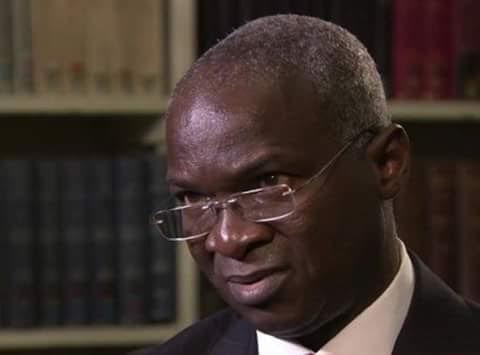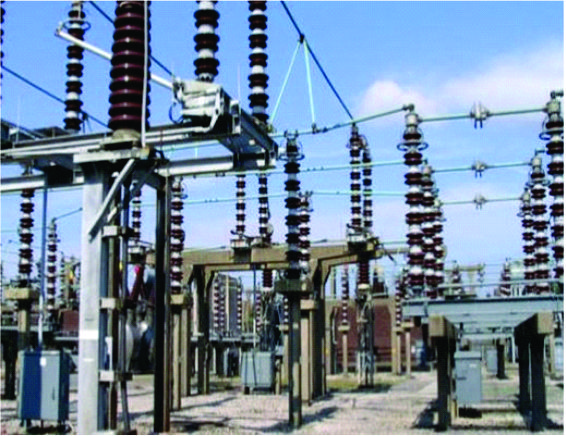Nigerians are likely to expert more epileptic power supply in the coming days following the drop in Nigeria’s electricity generation capacity from the 5,222.3 MW attained earlier this year to 2,329.9 MW on May 6.
This meant that the country lost about 3,710.8MW due to gas, line and frequency constraints, which is the equivalent of N1.870billion, according to the Nigerian Electricity Supply Industry (NESI).
On this same day, the country’s national peak demand was 19,100MW, with installed capacity of 11,165.40MW, but only 7,139.60MW available due to inadequate gas as well as transmission, and issues, which have not been resolved over the years.
For instance, Omotosho NIPP Gas Turbine (GT 1 and 4); Alaoji NIPP GT1, 2, & 4; Geregu NIPP GT21 -23; Olorunsogo NIPP GT 3; Geregu Gas GT 12 & 13, and Odukpani NIPP GT4 & 5 could not generate electricity due to gas constraints.
Also, Trans Amadi GT1 &2, Ibom GT3, and Olorunsogo NIPP GT1 were out due to line constraints. A total of 14 power plants generation plants were handicapped due to frequency management occasioned by Discos load demand.
Speaking on the Federal Government’s efforts to ensure reliable electricity, the Minister of Power, Works and Housing, Babatunde Fashola, had argued that increasing generation to 7,000MW, transmission to over 7,000MW, and distribution from 2,690MW to an average of 4,900MW, and 5,000MW, respectively, is clearly a sign of progress, and should be continued.
The Minister however acknowledged that there were challenges that came with the privatisation of the industry such as metering and governance issues.
These, he said, are among the reasons government came up with the Power Sector Recovery Programme (PSRP), as a component of its Economic Recovery and Growth Plan (ERGP) to solve the challenges and put the sector on the path of sustainable growth.
The Minister said having solved that governance problem, other items to be faced include metering and expansion of distribution network, adding that although there is an existing capacity of 2,000MW of power that could not be distributed, government was working to see what it could do quickly to solve the problem before the end of the year.
He disclosed that the Azura Power in Edo State recently reported the completion of its plant, and was now ready to run full operation, adding, “That is 459MW of power. We are expecting another 240MW from Afam, and another 215MW from Kaduna, and also from Kashimbila. There is a lot of power coming; but the distribution end is where our real challenge lies.”

 Latest3 days ago
Latest3 days ago
 Trends4 days ago
Trends4 days ago
 Business6 days ago
Business6 days ago
 Football6 days ago
Football6 days ago
 Featured6 days ago
Featured6 days ago
 Health5 days ago
Health5 days ago
 Football5 days ago
Football5 days ago
 Business6 days ago
Business6 days ago








